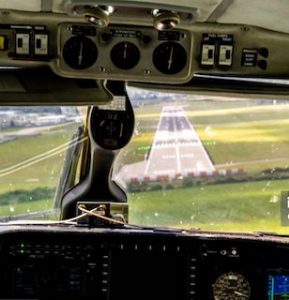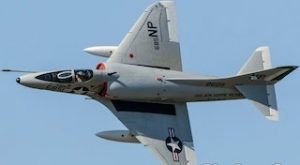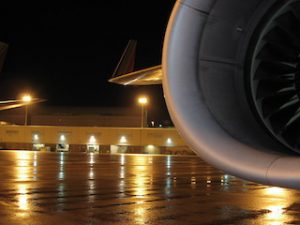Super Empath Traits In Aviation Careers
 Airline pilots and flight attendants operate in high-pressure environments requiring precise decision-making and effective communication. The concept of a super empath, someone with heightened emotional awareness and sensitivity, has gained attention in various professions. In aviation, the applicability of super empath traits varies between pilots and flight attendants due to the distinct demands of their roles.
Airline pilots and flight attendants operate in high-pressure environments requiring precise decision-making and effective communication. The concept of a super empath, someone with heightened emotional awareness and sensitivity, has gained attention in various professions. In aviation, the applicability of super empath traits varies between pilots and flight attendants due to the distinct demands of their roles.
Super empath characteristics in aviation
A super empath possesses an acute ability to sense and respond to others’ emotions. This heightened sensitivity can enhance interpersonal interactions, particularly in customer-facing roles. In aviation, these traits can influence how professionals manage stress, communicate, and ensure passenger comfort. However, the benefits and challenges of super empath characteristics differ between pilots and flight attendants.
Emotional awareness in flight attendants
Flight attendants frequently interact with passengers, addressing their needs and concerns throughout the flight. Empathy enables them to recognize and respond to passenger emotions effectively. This skill is crucial in managing situations like passenger anxiety, discomfort, or emergencies. By demonstrating empathy, flight attendants can create a more comfortable and reassuring environment for travelers. Their ability to connect emotionally contributes to overall passenger satisfaction and safety.
Empathy’s role in pilot responsibilities
Pilots are primarily responsible for the technical operation of the aircraft, requiring focus, precision, and adherence to protocols. While empathy can aid in crew communication and leadership, excessive emotional sensitivity may hinder quick decision-making. Pilots benefit from a balanced approach, maintaining situational awareness and effective communication without becoming overwhelmed by emotional stimuli. Therefore, while some empathic traits are beneficial, an overabundance may not align with the demands of piloting.
Balancing empathy and professionalism
In both roles, maintaining a balance between empathy and professionalism is essential. Flight attendants must manage their emotional responses to provide consistent service, even in challenging situations. Pilots need to communicate effectively with crew members, requiring a degree of emotional intelligence. However, both must ensure that empathy does not compromise their ability to perform duties efficiently and safely.
Training for emotional competence
Airlines often incorporate training programs to enhance emotional competence among staff. These programs focus on developing skills like active listening, stress management, and effective communication. For flight attendants, such training reinforces their ability to handle diverse passenger interactions. Pilots benefit by improving crew coordination and decision-making processes. Structured training ensures that empathy is harnessed appropriately within professional boundaries.
Implications for recruitment
During recruitment, airlines assess candidates for traits aligning with the demands of their respective positions. For flight attendants, strong interpersonal skills and emotional awareness are often prioritized. Candidates demonstrating the ability to manage emotions and connect with passengers are valued. In pilot selection, emphasis is placed on technical proficiency, decision-making capabilities, and composure under pressure. While empathy is considered, it is balanced with the necessity for objective judgment.
Conclusion
The presence of super empath traits in aviation professionals can offer advantages when appropriately managed. For flight attendants, these traits enhance passenger interactions and service quality. Pilots benefit from a measured application of empathy to support effective crew collaboration. Ultimately, the integration of empathy within aviation roles must be balanced with the operational demands to ensure safety and efficiency.
Navigating emotional dynamics in the skies
In the dynamic environment of aviation, emotional intelligence plays a pivotal role in ensuring effective operations and passenger satisfaction. Flight attendants leverage empathy to create a welcoming atmosphere, addressing passenger needs with sensitivity. Pilots apply emotional awareness to maintain cohesive crew interactions and make informed decisions. By fostering emotional competence, aviation professionals contribute to a safer and more pleasant flying experience for all.









